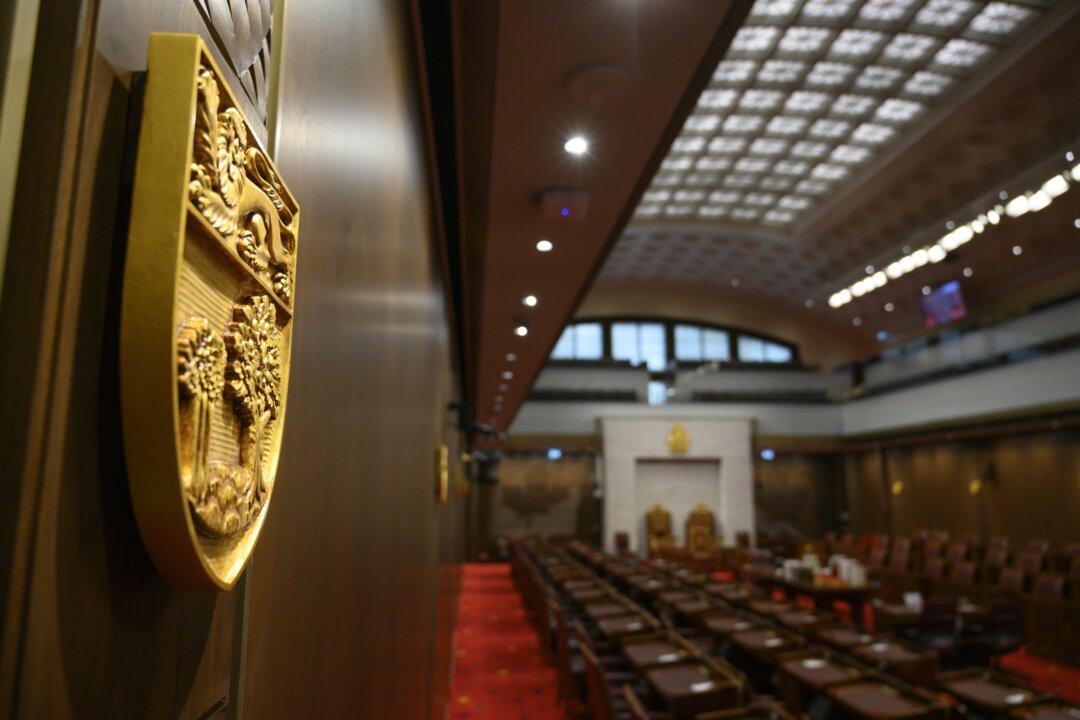A registry aimed at countering foreign interference is expected to be in place by next June, a senior official from Public Safety Canada told senators on Dec. 10.
“We are working towards a June time frame. That’s our internal plan,” Sébastien Aubertin-Giguère, an associate assistant deputy public safety minister, told the Senate national finance committee. The announcement was first covered by Blacklock’s Reporter.





